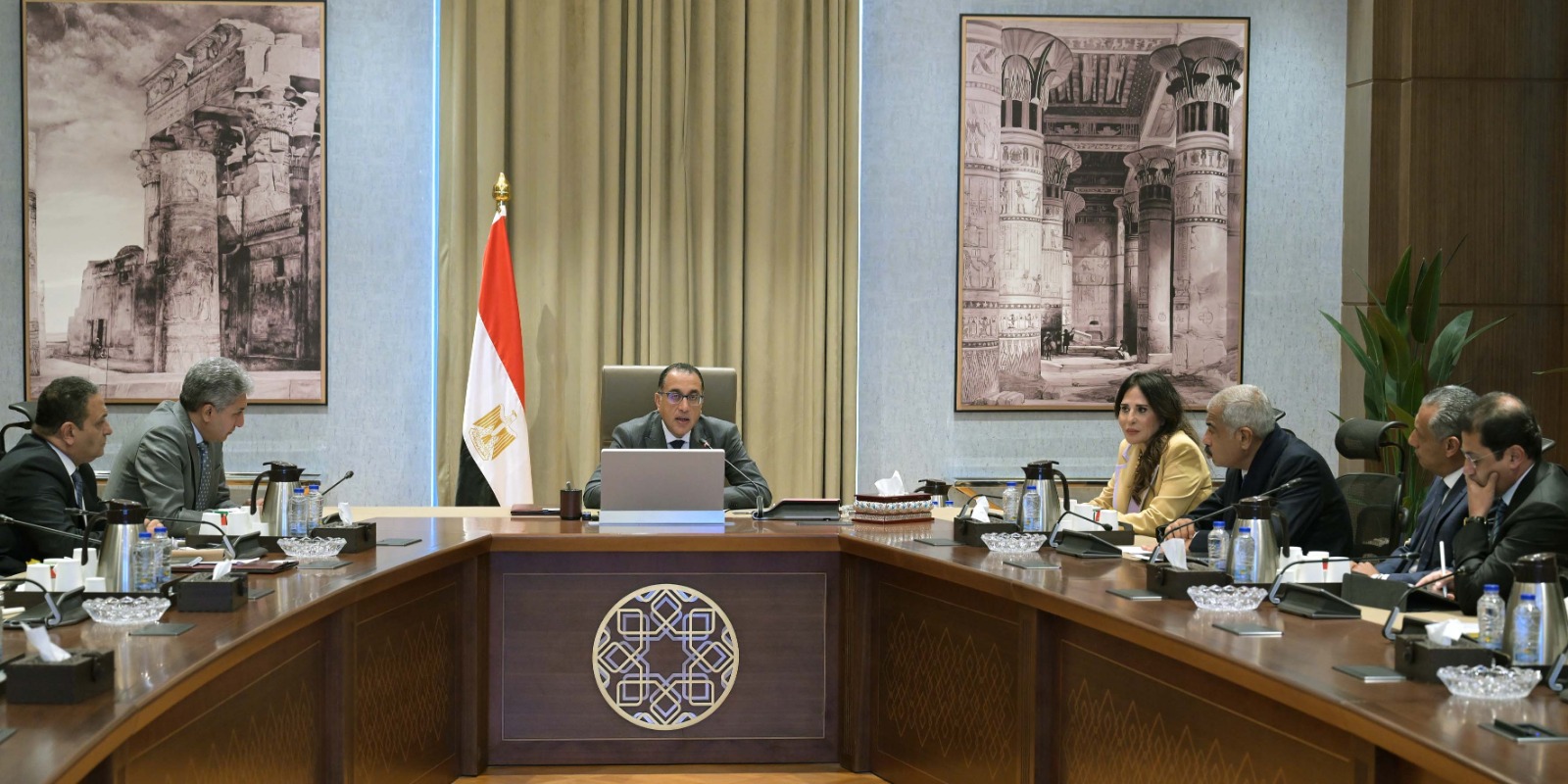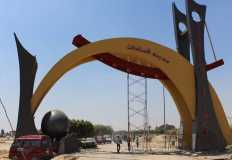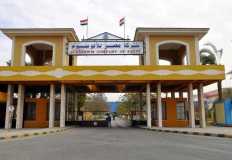
Prime Minister Dr. Moustafa Madbouly chaired a meeting today Monday to follow up on efforts to enhance the tourism sector and develop its various aspects. The meeting was attended by Sherif Fathy, Minister of Tourism and Antiquities, Amany El-Metwally, the Permanent Undersecretary of the Ministry of Civil Aviation, and a group of businessmen and investors in the tourism sector, including Hisham Talaat Moustafa, Engineer Nader Ali, and Basil Sami Saad.
At the outset of the meeting, the Prime Minister underscored the paramount importance accorded to the tourism sector by various government agencies and bodies. He highlighted its potential as a promising sector capable of significantly contributing to the Egyptian economy's goals. In this context, he referenced ongoing state initiatives aimed at bolstering this vital sector, with the ambitious target of attracting 30 million tourists annually.
He affirmed that today's meeting
aligns with the government's ongoing efforts to engage with major investors and
private sector representatives in key sectors. These regular consultations and
coordination sessions are designed to facilitate structural reforms and drive
sector development. He reiterated the tourism sector's prominence as a focus
area for state support, development, and reform initiatives. The meeting's
primary objective is to explore strategies for enhancing Egyptian tourism and
attracting a greater number of visitors to diverse tourist destinations.
During the meeting, Hisham Talaat
Moustafa referred to Egypt's promising tourism resources, which position the
country to achieve the ambitious goal of attracting 30 million tourists
annually. He proposed the establishment of a National Council for Tourism
Development, empowered to make binding decisions for all stakeholders. Additionally,
he advocated for engaging an international consultant to develop a
comprehensive vision for the sector's growth.
Talaat affirmed that the tourism
sector is currently witnessing an increase in hotel-room occupancy rates,
calling for the need of a strategic plan to increase the number of hotel rooms
by approximately 500,000 rooms over the next decade. He further suggested
linking government support to investors to the amount of foreign currency they
bring into the Egyptian economy.
He also underscored the
importance of maximizing tourist spending by elevating the quality of hotel
rooms and services provided to tourists. Hisham Talaat pointed to several
indicators suggesting the potential to achieve this goal, in light of the
current spending rates, especially in the northwest coast. He called for the
need to work on quickly reducing and shortening the time required to complete
the procedures related to visiting tourists at Egyptian airports.
Furthermore, he advocated for a
dedicated marketing company to promote Egyptian tourism, leveraging the
country's unique tourist destinations and product.
Engineer Nader Ali underscored
the significance of bolstering the civil aviation sector. He cited several
countries that had expanded their flight seat capacity to meet rising tourist
demand. To achieve a breakthrough in this sector, he advocated for a strong
public-private partnership, focusing on airport development and route expansion.
Ali also stressed the need to
increase hotel room capacity and provide incentives to tourism investors to
develop new hotels and tourist destinations. He proposed highlighting Siwa
Oasis as a promising tourist destination and actively seeking investors to
maximize its potential.
Furthermore, he emphasized the
importance of supporting tourism workers by providing decent accommodations and
training programs. By allocating land for worker housing, the government can
empower investors to create better working conditions for the sector's
workforce.
Bassel Sami Saad noted that the
average tourist expenditure of approximately $900 per night aligns with
international standards, but there's potential for further growth. He
highlighted the increasing demand for airline seats, which underscores the
urgent need to expand the civil aviation sector, including airports and
airlines.
To accelerate this development,
Saad advocated for strong public-private partnerships in both airport
development and the national airline. He also emphasized the importance of
reviewing government support for tourism investors, including banking
initiatives and streamlining investment procedures. By addressing these
factors, Egypt can attract more tourists and maximize the sector's potential.
Minister of Tourism Sherif Fathi expressed
agreement with the proposals presented by business leaders and tourism
investors. He emphasized Egypt's potential to attract over 30 million tourists
annually, highlighting ongoing efforts to develop and support the tourism
sector in collaboration with various stakeholders.
To attract more investment, he
advocated for creating a comprehensive investment opportunity bank for the
tourism sector. Additionally, he stressed the importance of offering more
incentives and facilitating procedures for investors. The Minister also
emphasized the significance of robust tourism marketing and targeting new
markets to capitalize on Egypt's diverse tourism resources.
During the meeting, the Minister
reviewed the ministry's efforts to develop various tourist destinations,
including those associated with the Holy Family route, Nile tourism, and Siwa
Oasis. He underscored the importance of diversifying tourism offerings and
implementing a targeted marketing strategy to attract more tourists. The
Minister also highlighted the need to secure adequate airline services to
connect with target markets.
Fathi highlighted the incentives
offered to airlines to boost tourism in Egypt. He emphasized the crucial role
of the private sector in marketing the country's resources and attractions to
attract more visitors. He also mentioned ongoing efforts to develop supportive
policies and procedures to increase hotel room capacity.
The Minister added, "We are
committed to enhancing the tourist experience in Egypt. This includes
streamlining arrival procedures at airports, improving the overall visitor
journey, and addressing other factors that contribute to a positive travel
experience."
The Prime Minister reiterated
President Abdel Fattah El-Sisi's directives to activate the ministerial
committee overseeing the tourism sector. He emphasized the importance of
including private sector experts in the committee and maximizing dollar revenue
from tourism.
Dr. Moustafa Madbouly also
highlighted the government's interest in partnering with the private sector to
manage Egyptian airports. This initiative aims to accommodate growing demand
and modernize airport infrastructure. The Prime Minister encouraged private
sector entities to submit proposals for partnerships in civil aviation and
airline development.
He urged business leaders to
submit proposals for investments in expanding hotel capacity. Hisham Talaat
suggested offering land in exchange for a share of room revenue.
Dr. Madbouly emphasized that the Ministry of Tourism would be the sole authority for granting licenses to investors. A "golden license" system will be implemented for tourism projects. Attendees were requested to submit detailed proposals within two weeks, which will be discussed in a subsequent meeting.





